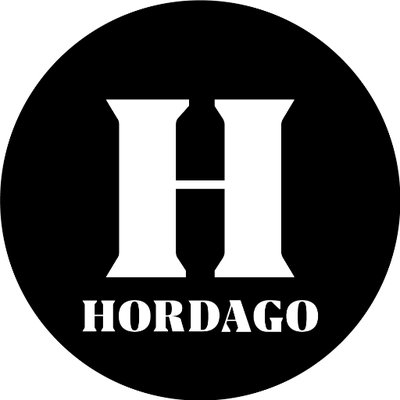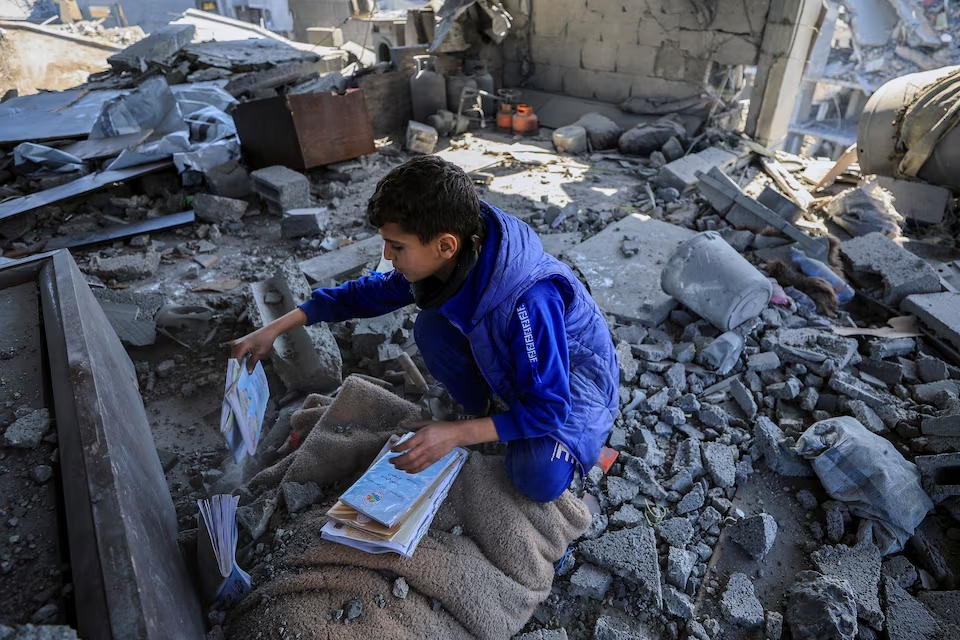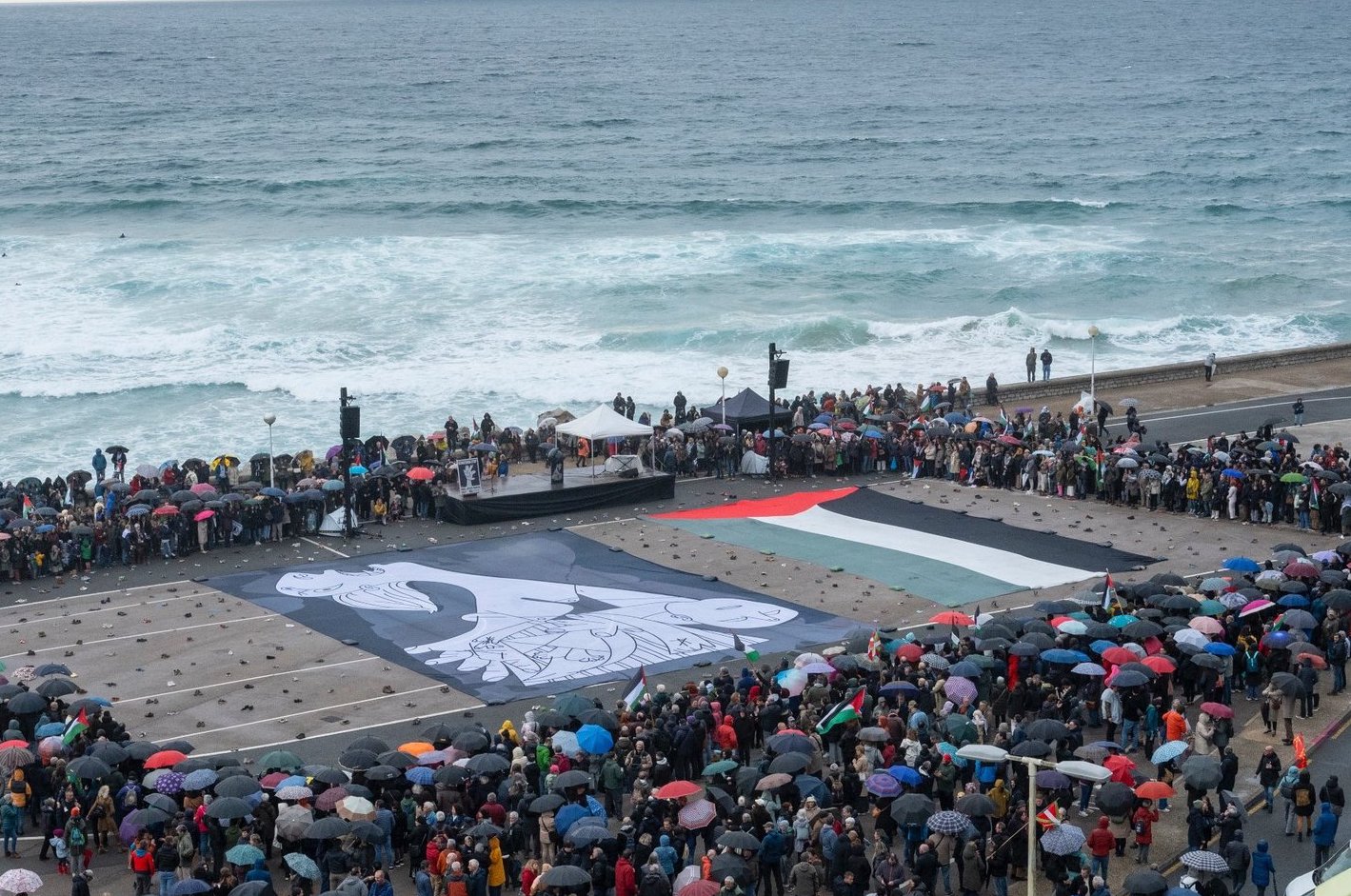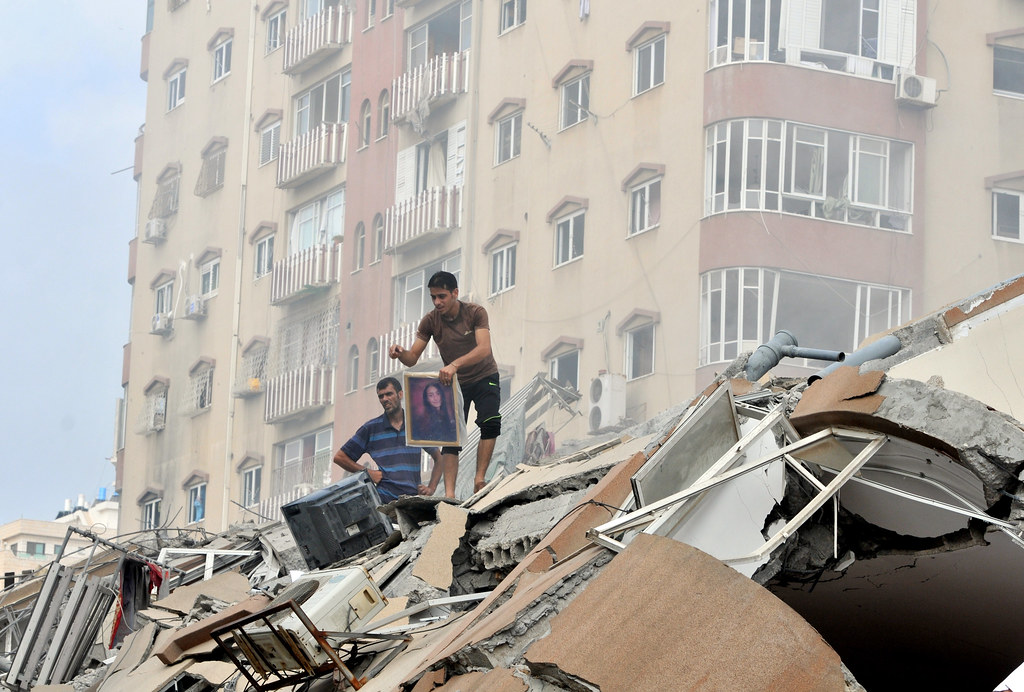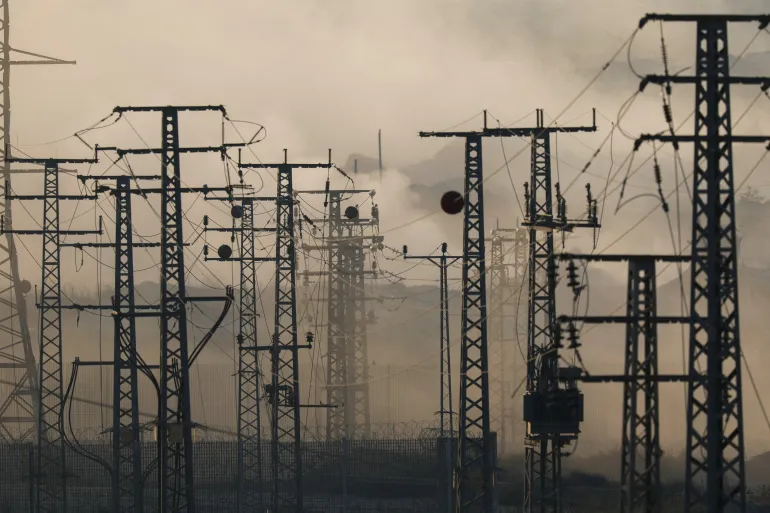Participation of Basque companies in the apartheid of water in Palestine
- Basque companies have collaborated in the construction of large desalination plants in Israel. In the process of monopolising this basic resource for life, millions of euros have been earned in cooperation with the Zionist organisation.
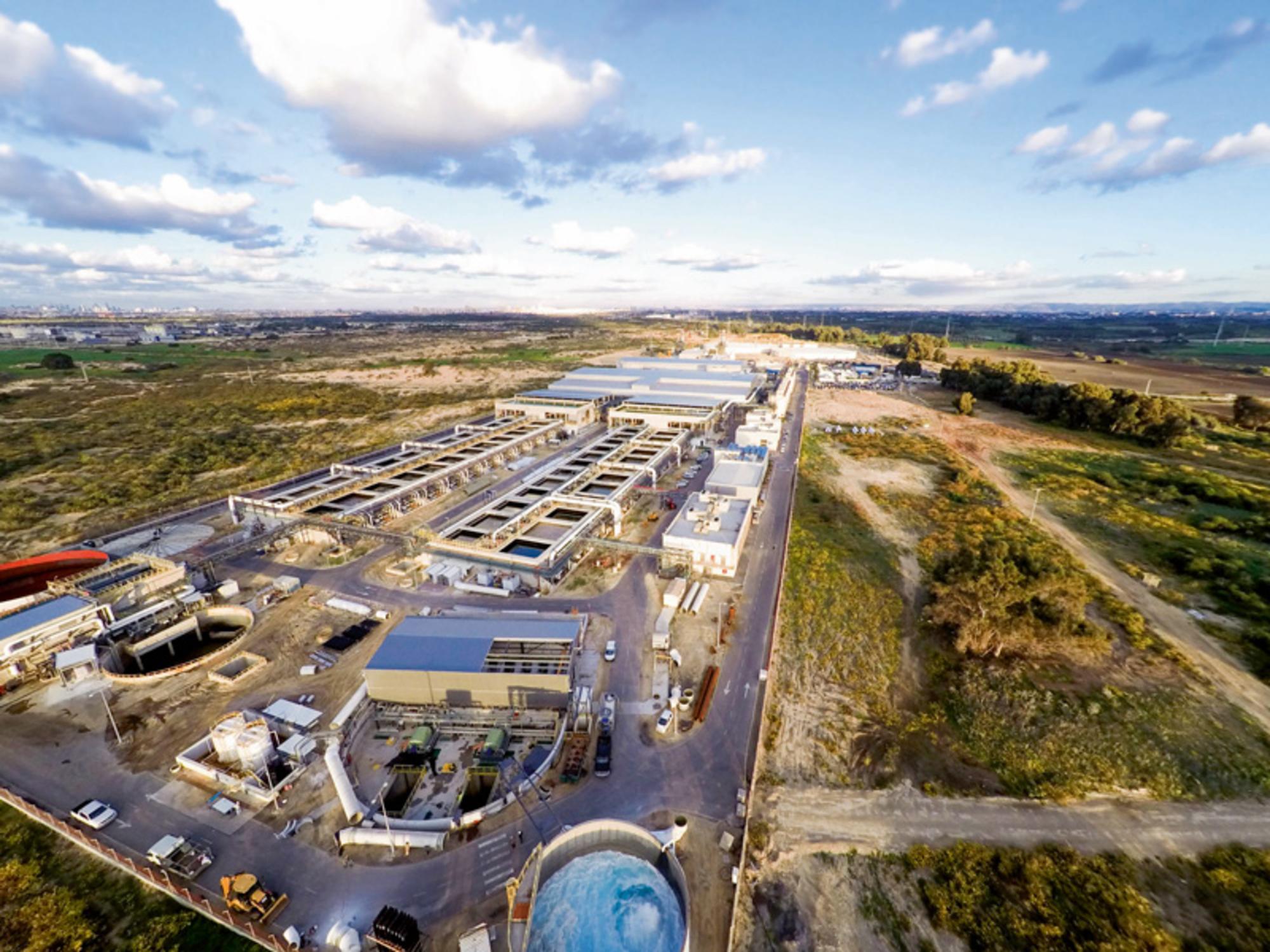
On 12 October, the Israeli Energy Minister, Israel Katz, decided to cut off the water supply in Gaza and ordered the closure of one of the most important sources of supply in these territories: desalination plants. "This is vital for over two million people," the UN Agency for Palestine Refugees (UNRWA) warned. In Gaza, 97 per cent of its water source is contaminated and totally dependent on the water it buys from Israel.
The provision of water to the Palestinians was conditioned by the alleged investments of the international community to build large desalination plants before the conflict was aggravated. A few years ago, Israel launched five major plants to ensure control of this common good. The construction and operation of some of these workshops were entrusted to the large Spanish companies and supported by Basque companies.
Basque businesses
The PPA (Anticorrosive Plastic Products) group, based in Erandio, provided the Sorek facility, near Tel Aviv, with a large diameter piping system for seawater collection and disposal. This group has received millionaire public aid from the Basque Government and, furthermore, the Provincial Government of Bizkaia granted it tax benefits. In the "execution" of that "complex work", the PPA group received the advice of the cooperative LKS, Grupo Mondragón. The Mondragon Corporation was also integrated into the Israeli transport sector when the Mondragon Cooperative Group was convened. According to LKS 2013 report, "this work must be carried out in collaboration with another partner at the UTE, with different interests".
According to the judicial documentation to which Hordago-El Salto has access, the PPA project in Israel was carried out through the subsidiary Maritime Business of the Mediterranean. According to this documentation, "the accounts of Israel's works were manipulated". The company was then administered by Ramón Cerdá and was sentenced in 2013 to 13 years in prison for tax fraud and forgery of documents. Cerdá is known for the creation and sale of over 10,000 fake companies, some of them like Noos or Gürtel, which were used as a fraud tool.
Another company based in Erandio, Fluytec, worked at the desalado Sorek. She worked with Basque consultant Idom, who has a major contract in the Israeli transport sector and wants to do with another. Sorek and Idom are members of the Spanish Association of Desalination and Justice. At the same time, this organization is part of the European Desalination Society lobby and consists of four associations, including the Israeli Desalination Society.
Fluytec has been sold as "an engineering capable of developing any necessary solution" and has received numerous public support from Basque public administrations, including grants to internationalisation programmes and a project sponsored by the Bilbao City Hall.
The FCC Group has been responsible for managing the desalination of the Had since 2006. At present, the companies FCC Aqualia and Acciona have been presented for the award of a new desalination plant in Israel: Sorek 2. Both companies are contractors of the Bilbao Bizkaia Water Consortium. Pius Cabanillas Alonso, a former minister and spokesperson for the Spanish Government in Acciona, worked as a member of the work management between 2007 and 2016.
Finally, it should be noted that the City of Bilbao committed to earmarking EUR 30,000 for a UNICEF project based on water supply to Gaza. The Basque Government received a visit in 2011 from an Israeli delegation of 15 companies working on innovative water treatment and water biotechnology. In addition, the Israeli company IDE Technologies, which is a "world leader in water treatment solutions", distributes its equipment through the Basque company Pasch, contractor of the Bilbao Bizkaia Water Consortium.
Egypt ' s urban planning plan for the Gaza Strip has recently been expanded. A drawing shows the streets, buildings and imagery of the future on a reality that still smells of shrapnel and explosives. The urban planning proposal, used as another bomb shot. Individual house... [+]
Aurten "Israel Premier Tech" txirrindularitza talde israeldarra ez da Lizarraldeko Miguel Indurain Sari Nagusia lasterketara etorriko. Berri ona da hori Palestinaren askapenaren alde gaudenontzat eta munstro sionistarekin harreman oro etetea nahi dugunontzat, izan... [+]
Zer esango zenioke Palestinako aktibista bati aurrez aurre izango bazenu? Ni mutu geratu nintzen Iman Hammouri nire herrian bertan aurkeztu zidatenean. Eskerrak andre nagusi bat gerturatu zitzaigula eta solaskide roletik itzultzailearenera pasa nintzela.
Palestinako Popular... [+]
Gure Haurrak ere Badira ekimenak deituta, Israelek azken egunetan Gazan hildako gehienak haurrak direla salatu dute. Gobernuei eta erakundeei Israelekin harreman oro etetea ere exijitu diete, "genozidio honen aurka argi eta tinko" lerratu daitezen.
No other land dokumentalaren zuzendari Hamdan Ballal kolono sionistek jipoitu zuten astelehenean bere herrian, beste hainbat palestinarrekin batera, eta Israelgo militarrek eraman zuten atxilo ondoren. Astarte goizean askatu dute.
Asteartean menia apurtu zuenetik gutxienez 650 palestinar hil dituzte sionistek, Al Jazeeraren arabera. Netanyhauren gobernuak Shin Bet zerbitzu sekretuetako buru Ronen Bar kaleratzeko erabakia hartu du, baina Auzitegi Gorenak kaleratzea geldiarazi du.
Milaka pertsona bildu dira larunbat honetan Palestinako herriari elkartasuna adierazteko eta “Israelek Gazan egindako genozidioa” amaitzeko eta Benjamin Netanyahuren gobernuak su-etenari berriro ekiteko eskatzeko. Gernika-Palestina herri ekimenak deitu du martxa,... [+]
Palestinarekin Elkartasuna plataformak osteguna, ostiral eta larunbatean eginen ditu protestak, Israel genozida. Palestinar erresistentzia aurrera! lelopean. Gernika-Palestina-k ere manifestazio nazionala antolatu du larunbaterako Donostian. Euskal Herriko Kontseilu Sozialistak... [+]
500 palestinar hil ditu Israelek, horietatik 130 baino gehiago adin txikikoak, su etena apurtu eta bigarren egunean. “Hasiera baino ez” dela ohartarazi du Netanyahuk.
Israelek eraso masiboak abiarazi ditu berriro ere Gaza osoan: Khan Younis eta Rafan Gaza hegoaldean, Gaza Hirian iparraldean eta eta Deir el-Balah-n erdialdean. "Familiak seme-alaben gorpuzkiak eskuetan zituztela iristen ziren ospitalera", adierazi du lekuko batek.
Israelek Gazarako su-etenaren urraketa ugari egin ditu urtarrilaz geroztik: zerrendako palestinarrak oinarrizko laguntzarik jaso gabe egon dira ia astebetez, eta Netanyahuk azken egunetan mehatxu egin ondoren, argindarrik gabe utzi ditu orain. Dohan ordezkari estatubatuarrekin... [+]



